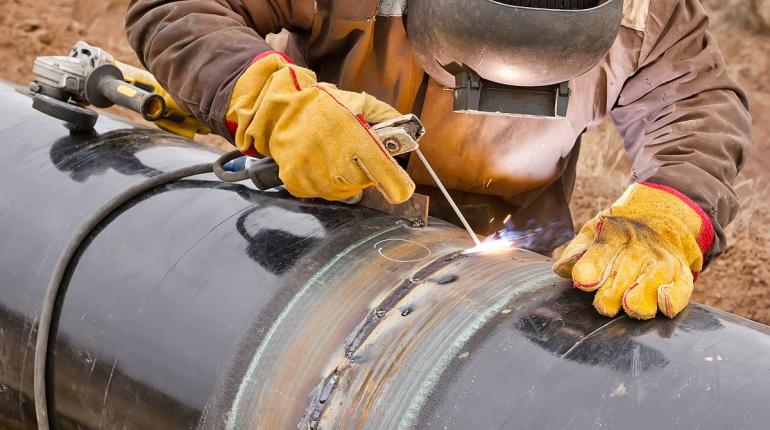Pipeline Repair Methods / Hot Tapping / In-Service Welding
Background
The objective of this one-day course is to provide an in-depth overview of the various aspects of pipeline repair and modification (full-encirclement repair sleeves, hot tap branch connections, etc.) as well as to address the concerns for welding onto in-service pipelines. A thorough understanding of the factors that affect the concerns for welding onto in-service pipelines will allow repairs and modifications to be made with confidence. The proper use of in-service welding allows both economic and environmental benefits to be realized by avoiding pipeline shutdown and interruption of service.
The course takes place over one day and will dispel a number of misconceptions that have developed pertaining to operating practices required to safely weld onto an in-service pipeline. If the knowledge gained can be used to justify the application of in-service welding where it would have otherwise been prohibited (or prevent a single failure), the first application of the results can often offset the cost of attendance by orders of magnitude. The application of industry best practices for pipeline repair, hot tapping, and in-service welding will ensure the safety of workers, reduce the probability of a failure, and can help to extend the life of pipeline systems.
The course outline is as follows:
Agenda
1) Pipeline Repair Methods/Hot Tapping/In-Service Welding
- Introduction
- Incentives/-Primary concerns
- Course Outline
2) Burnthrough and Related Safety Concerns
- Factors affecting burnthrough
- Effect of wall thickness
- Effect of welding parameters
- Effect of flow rate/pressure
- Avoiding burnthrough
- Related concerns
3) Hydrogen Cracking Concerns
- Significant Incidents
- Common Factors/Recommendations
- Hydrogen Cracking Requirements
- Welding metallurgy for carbon steels
- Prevention of hydrogen cracking
4) In-Service Welding for Hydrogen and Blended Gas Pipelines
- Introduction and background
- Uptake of hydrogen during in-service welding
- Mitigative measures
- Burnthrough consequences with hydrogen and blended gas
5) Full-Encirclement Repair Sleeves
- Type A and Type B
- Principal of operation
- Assuring effective reinforcement
- Sleeve design and fabrication
- Other Sleeve Types
6) Hot Tap Branch Connections
- Branch connection design
- Reinforcement types
- Integrally-reinforced branch connections
- Line replacement/stopping
- Pressure testing prior to tapping
7) Practical Aspects of Hot Tap and Repair Sleeve Welding
- Practical aspects of avoiding burnthrough
- Practical aspects of avoiding hydrogen cracking
- Welding procedure selection examples
- Chemical composition determination
- Proper electrode handling
- Proper fit-up and welding sequence
- Control of heat input levels
- Inspection and testing
8) A Simple Approach to Hot Tap and Repair Sleeve Welding
- Introduction
- Five general rules of thumb
- Prove it yourself
Target Group
The course is intended for a wide range of personnel – from engineers and managers to welders and inspectors.
Seminars Contact

